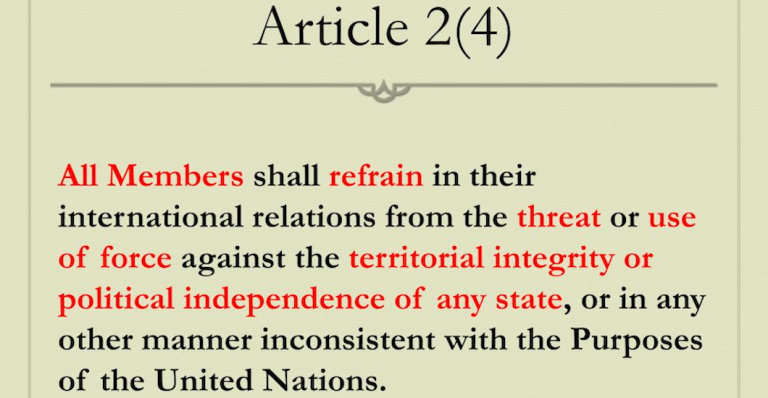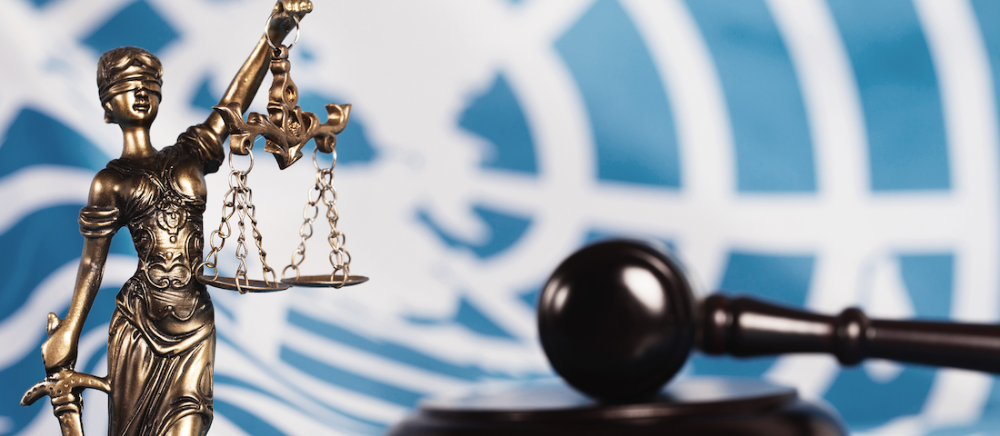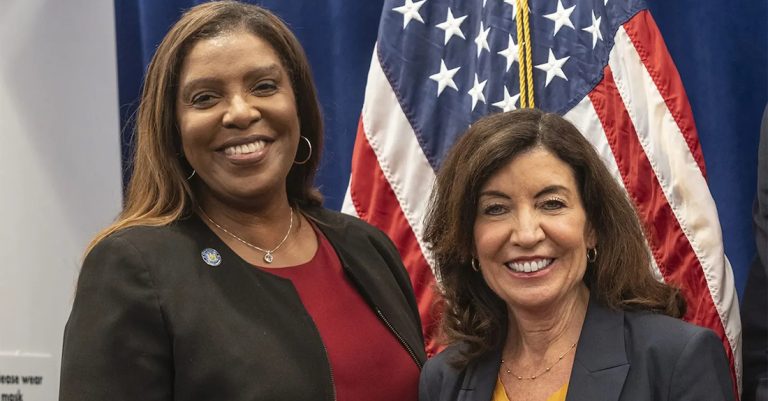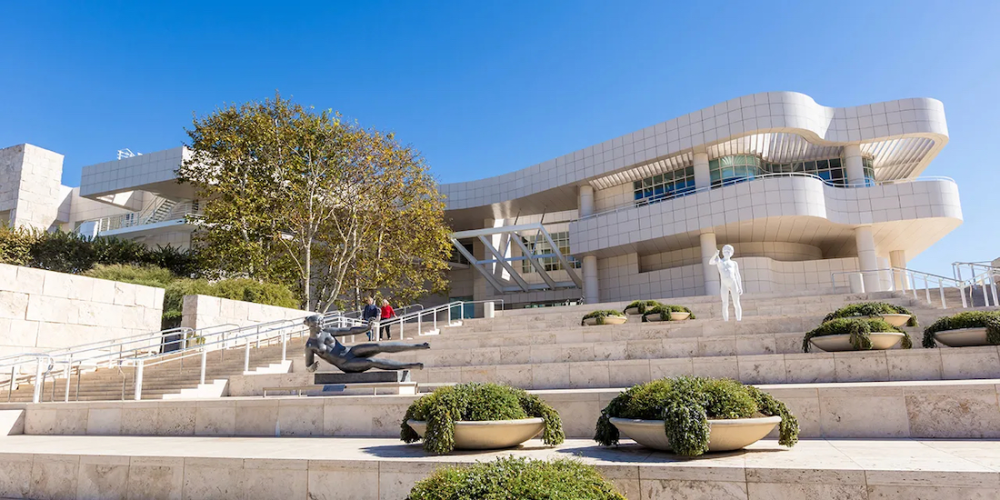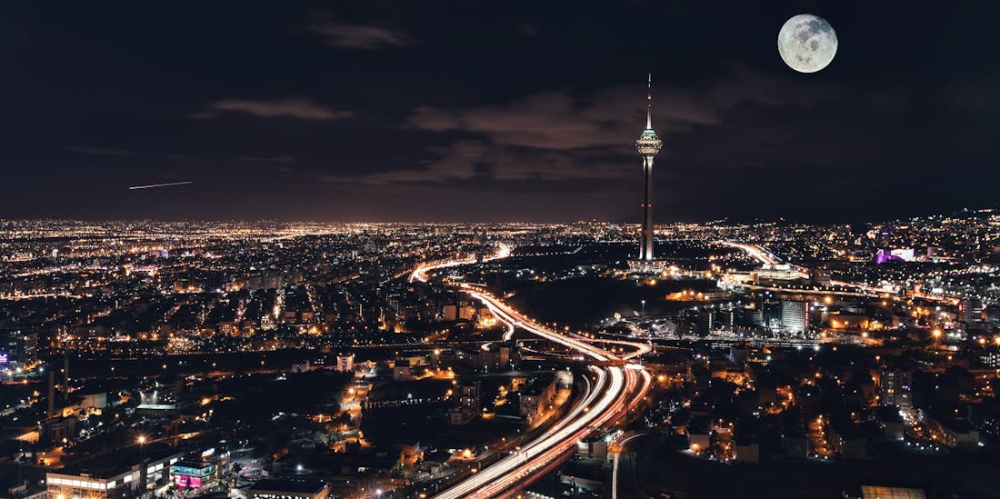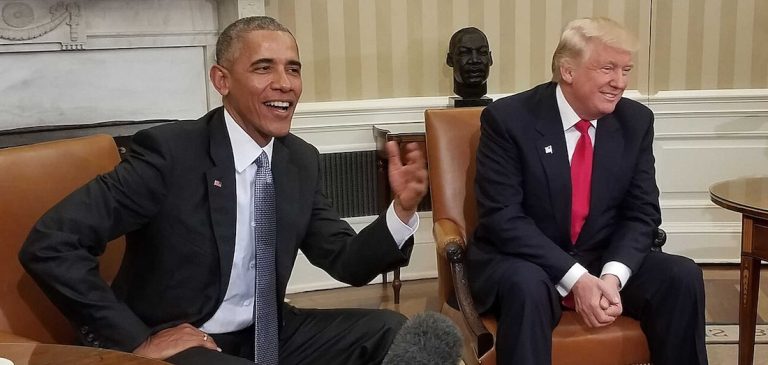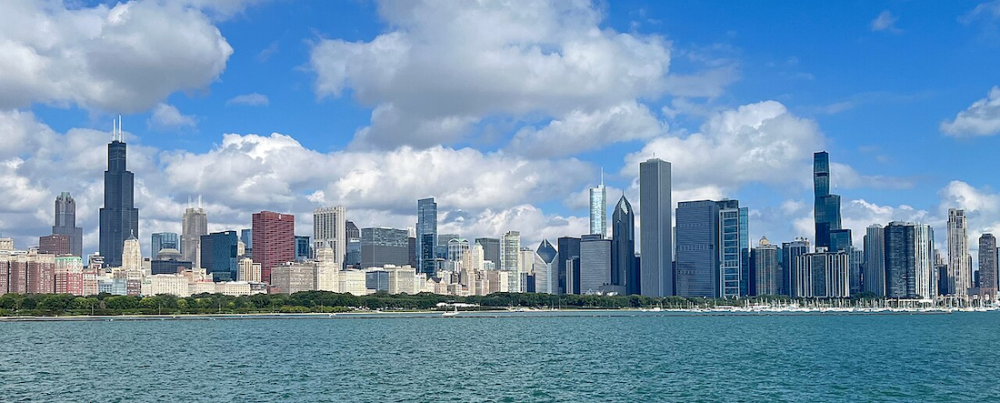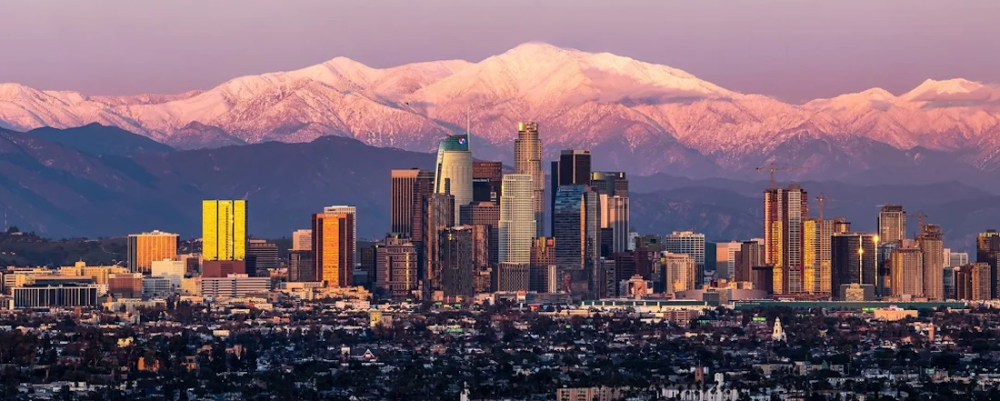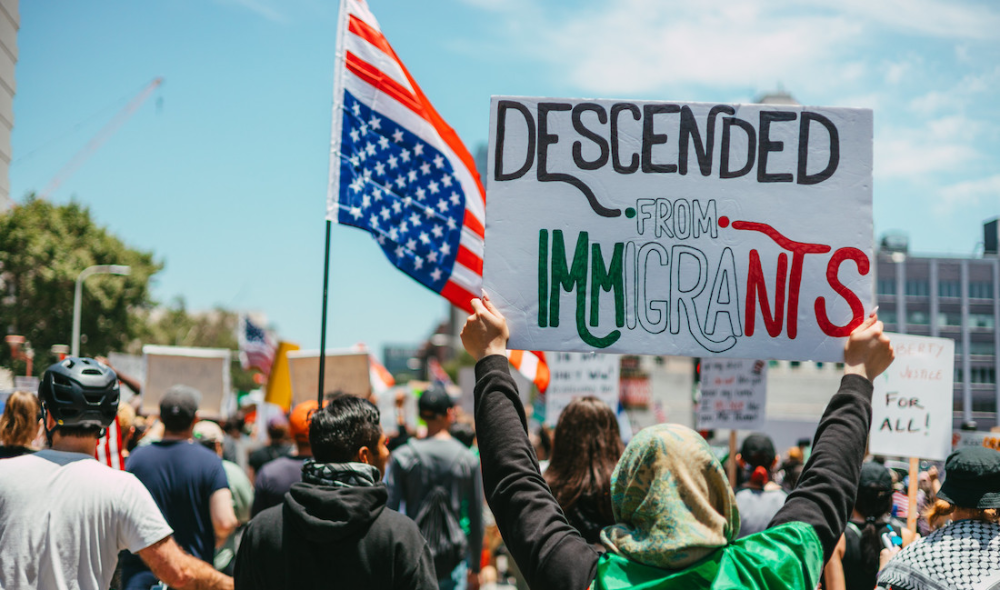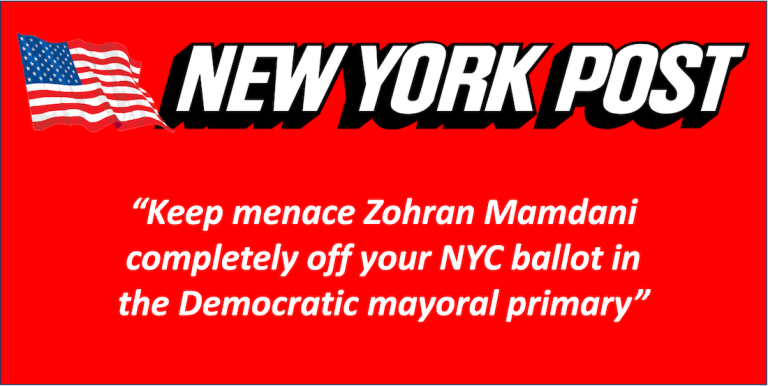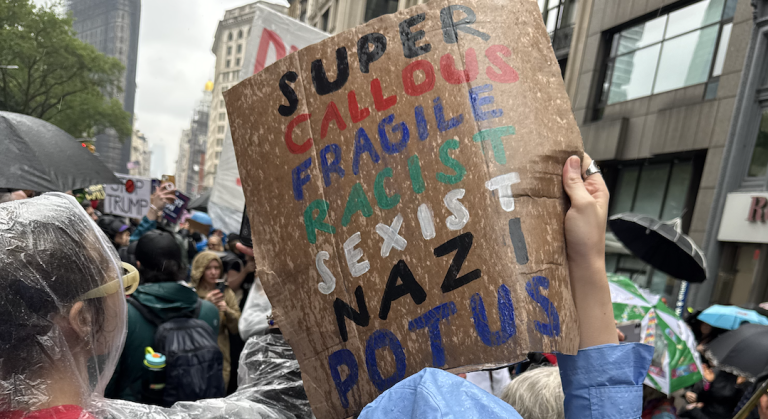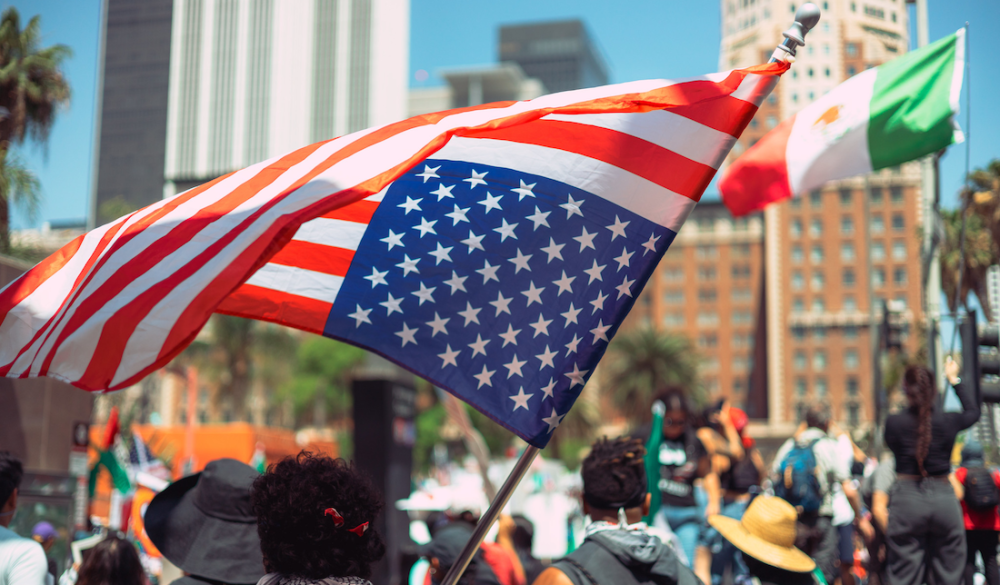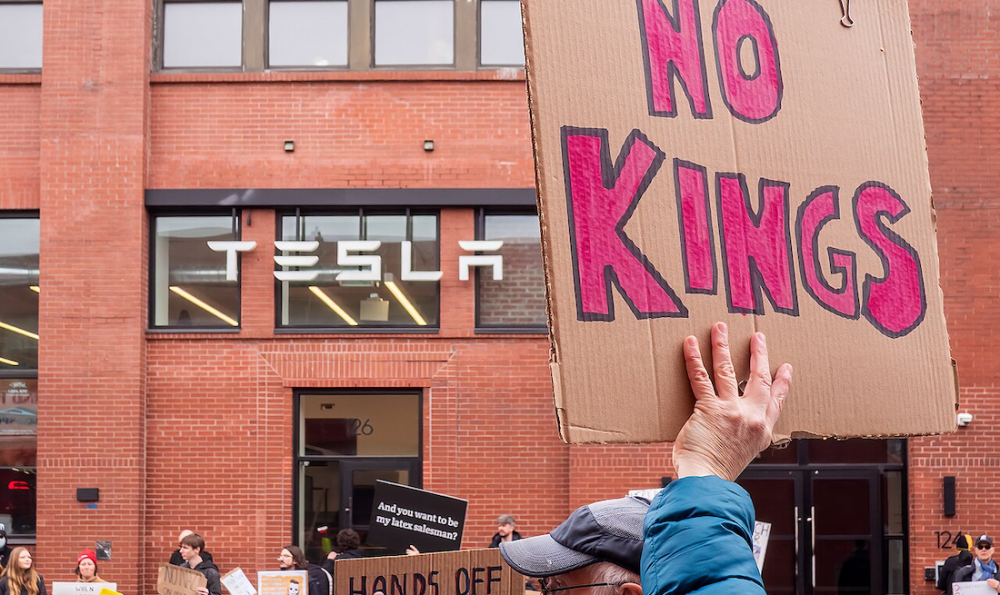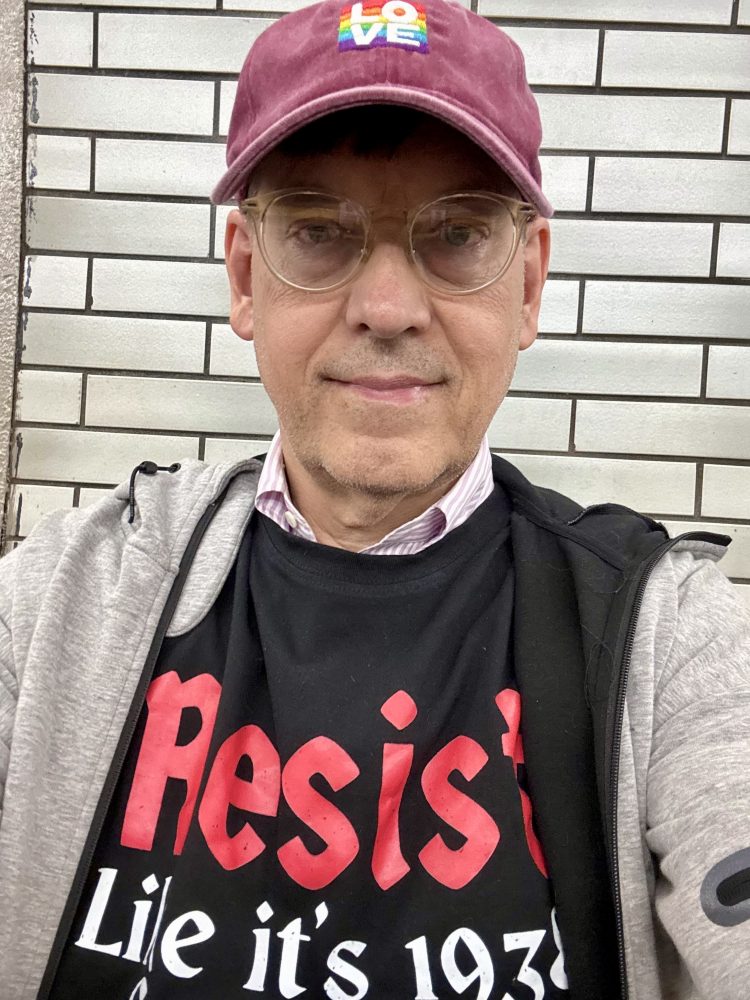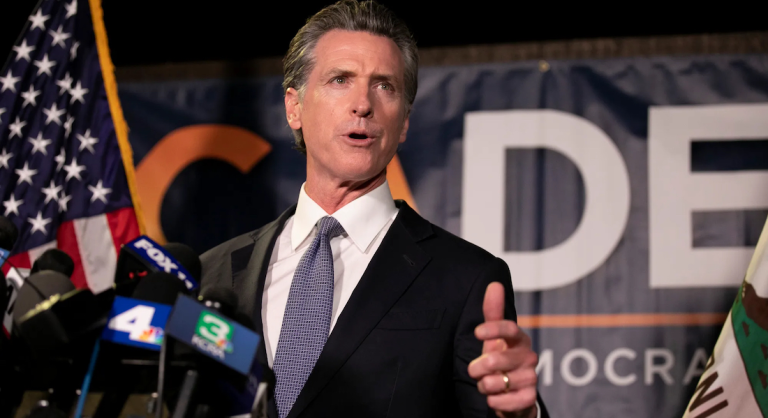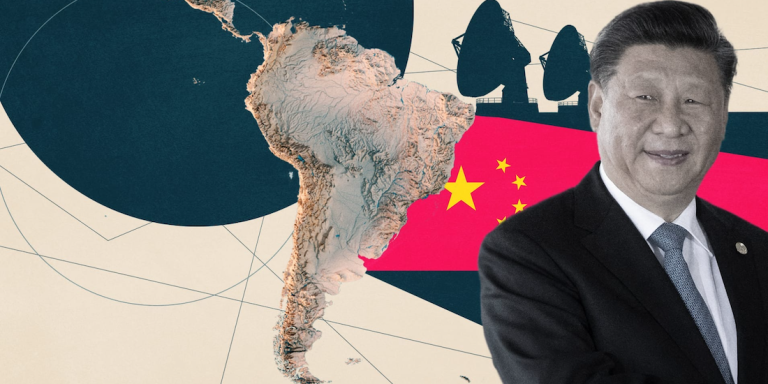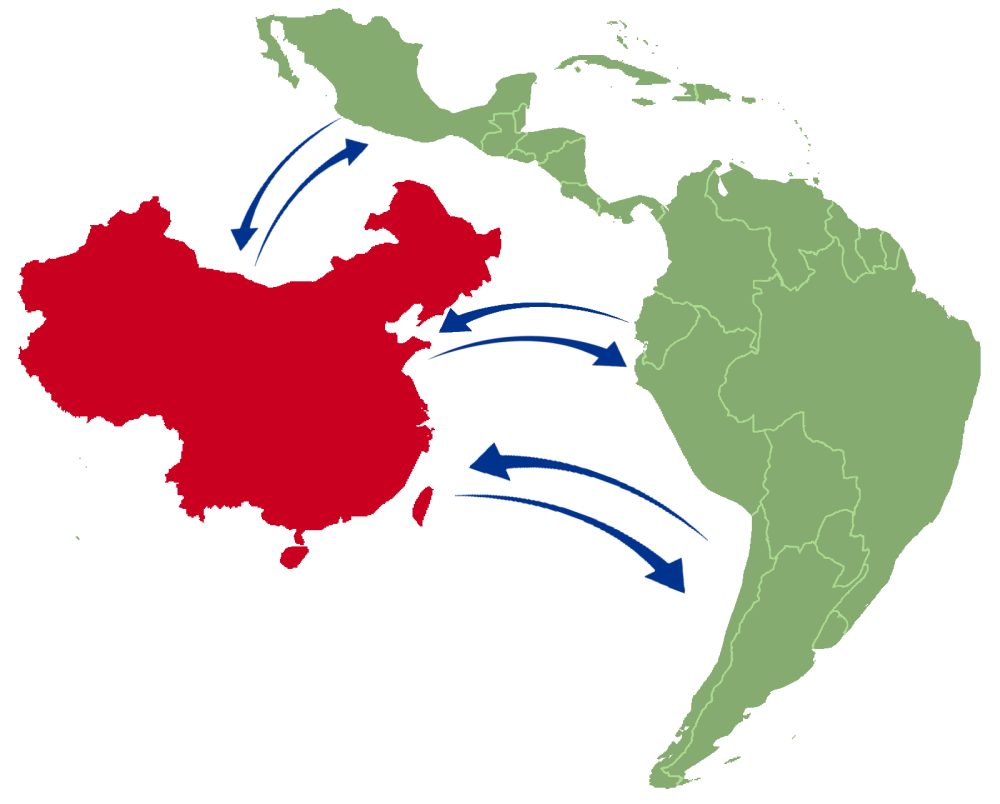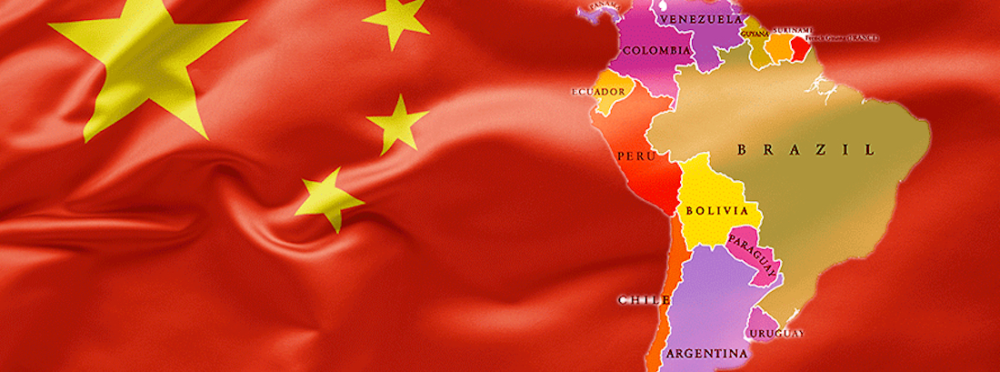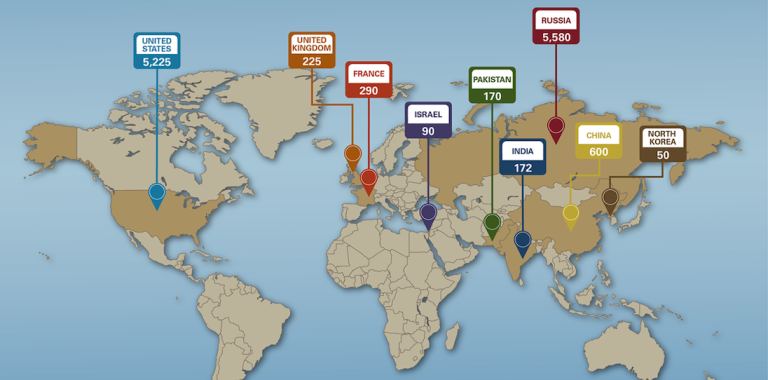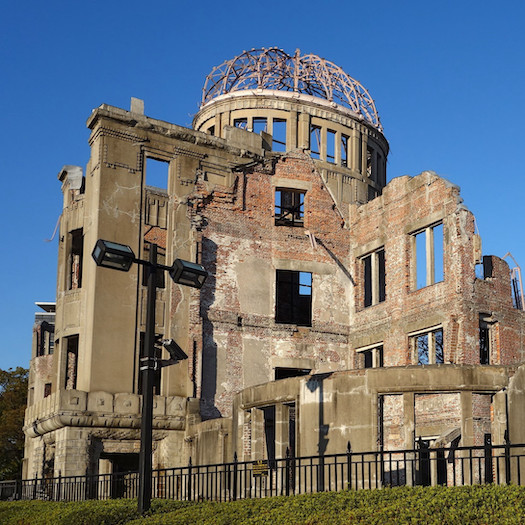Flag carrier completes four-year financial resurrection, slashing debt by 75% and targeting stock market return by August with renewed ambitions.
Bangkok — Thailand’s national airline completed a dramatic financial resurrection this week as the Central Bankruptcy Court formally approved Thai Airways International‘s exit from its four-year debt restructuring program.
The landmark decision on June 16, 2025, clears the final hurdle for the carrier’s planned return to the Stock Exchange of Thailand by early August, punctuating one of global aviation’s most remarkable corporate turnarounds and restoring a beloved national symbol that holds deep meaning for the Thai people.
More Than Just an Airline: A Symbol of National Identity
For millions of Thai citizens, Thai Airways represents far more than transportation—it embodies national pride, cultural heritage, and Thailand’s aspirations on the global stage. The airline’s distinctive purple livery and elegant service have long served as ambassadors of Thai hospitality, carrying the kingdom’s image to destinations worldwide since beginning operations in 1960.
The carrier’s near-collapse in 2020 struck a particularly painful chord with the Thai public, who viewed it not merely as a corporate failure but as a threat to national prestige. Thai Airways had become woven into the fabric of Thai identity, its graceful flight attendants in traditional silk uniforms symbolizing the country’s blend of ancient traditions and modern ambitions.
“When Thai Airways was struggling, it felt like watching a family member suffer,” said Bangkok resident Siriporn Thanakit, reflecting sentiment expressed across social media platforms during the airline’s darkest days. “This airline carried our culture, our pride, our image to the world. Its recovery feels like Thailand itself is rising again.”
The emotional investment runs particularly deep among overseas Thai communities, for whom the airline served as a vital connection to home. The sight of Thai Airways aircraft at international airports represented more than convenience—it was a tangible link to the kingdom’s warmth and hospitality.
A Personal Journey Through Excellence

As someone who has flown Thai Airways numerous times on the Tokyo-Bangkok route, I can attest to what made this airline special and why its resurrection matters so profoundly. The carrier’s attention to detail, from the orchid presented to passengers to the exquisite Thai cuisine served at altitude, created an experience that transcended mere transportation.
Each flight aboard Thai Airways felt like a cultural immersion—cabin crew who genuinely embodied Thai hospitality, meals that showcased the kingdom’s culinary artistry, and service touches that reflected centuries of Thai tradition. The airline’s Royal Orchid Service wasn’t just a marketing slogan; it was a philosophy that elevated air travel into something approaching art.
During my frequent travels between Tokyo and Bangkok, Thai Airways consistently delivered an experience that reminded passengers why it once ranked among Skytrax’s top ten airlines worldwide. The seamless blend of modern efficiency with traditional Thai grace made every journey memorable, whether in business class or economy.
The airline’s decline felt personal to regular passengers like myself. Watching service standards slip and routes disappear was heartbreaking for those who had experienced Thai Airways at its peak. The carrier’s recovery represents not just corporate rehabilitation but the restoration of an aviation experience that few airlines worldwide could match.
From Financial Ashes to Sustained Profitability
The airline’s journey through restructuring represents a textbook case of corporate rehabilitation. When Thai Airways filed for bankruptcy protection in May 2020, it faced perfect storm conditions: intensifying competition from low-cost carriers, chronic management issues, and the catastrophic collapse of global air travel during the COVID-19 pandemic. The carrier was delisted from Thailand’s stock exchange in 2021 and reduced its workforce by half while trimming its fleet to essential aircraft.
What followed was a meticulous operational overhaul under court supervision. Former rehabilitation plan administrator Piyasvasti Amranand revealed the stunning scope of the transformation: “Before rehabilitation, our equity was a staggering negative 140 billion baht. Today, it stands at a positive 55 billion baht.” This 195-billion-baht equity swing created the financial foundation for sustainability.
The carrier’s operational discipline yielded continuous quarterly operating profits throughout 2023 and 2024—a stark reversal from nearly a decade of consistent losses preceding the restructuring. Strategic initiatives included organizational resizing for agility, route network optimization, cabin refurbishments, digital system modernization, and a liability-to-equity conversion that strengthened the balance sheet.
National Celebration and Renewed Hope

The court’s approval sparked celebrations across Thailand, with social media flooded with messages of national pride and relief.
Government officials, business leaders, and ordinary citizens expressed joy at seeing their flag carrier emerge from its financial crisis stronger and more focused.
Prime Minister Srettha Thavisin welcomed the decision, stating that Thai Airways’ recovery “demonstrates Thailand’s resilience and our ability to overcome challenges while preserving our national treasures.”
The sentiment echoed across the kingdom, where the airline’s resurrection is viewed as validation of Thai ingenuity and determination.
For the thousands of Thai Airways employees who endured uncertainty, salary cuts, and layoffs during the restructuring, the court’s decision represents vindication of their sacrifice and loyalty.
Many stayed with the airline through its darkest period, driven by belief in its ultimate recovery and their emotional connection to the carrier.
Leadership and Market Ambitions
Immediately following the court’s decision, the airline convened its first board meeting to appoint Lavaron Sangsnit as chairman and strategize its market return. The company confirmed it will seek formal approval from the Stock Exchange of Thailand for relisting, projecting shares will resume trading by early August 2025.
Chief Executive Officer Chai Eamsiri characterized the court milestone as reflecting “the collective effort, determination, dedication, patience, and sacrifice of all stakeholders,” including creditors, shareholders, and employees who endured workforce reductions and operational restructuring during the rehabilitation period. The Thai Finance Ministry remains the airline’s largest shareholder with approximately 40% ownership.
The airline’s revival plan extends beyond balance sheet repair to strategic repositioning. Company statements emphasized ambitions to “enhance its international aviation potential and push Thailand to become a regional air travel hub,” suggesting renewed competition with regional rivals like Singapore Airlines and Emirates Airways for premium long-haul traffic.
Challenges on the Horizon
Despite the celebratory milestones, significant challenges remain. The carrier continues operating in a Thai tourism market that hasn’t fully rebounded to pre-pandemic levels, with the government targeting 37 million visitors in 2025—still below historical peaks. Industry analysts also note the remaining 95.5 billion baht debt burden requires disciplined financial management through 2036.
Social media commentary revealed residual public skepticism, with some passengers recalling flight cancellations and alleging preferential treatment for elite travelers during the restructuring period. Rebuilding complete passenger confidence presents its own challenge amid premium market competition.
The airline must also navigate intensifying competition from both low-cost carriers and premium regional airlines while maintaining the service standards that once made it legendary. Balancing cost efficiency with the luxury experience that defined Thai Airways will require careful strategic execution.
Flight Path to the Future
For frequent flyers who remember Thai Airways’ golden years, the airline’s recovery offers hope that the exceptional service and cultural authenticity that once defined the carrier can be restored. The challenge now lies in rebuilding that reputation while maintaining the financial discipline that enabled its remarkable turnaround.
As Thailand’s largest corporate rehabilitation case concludes, it establishes a precedent for major enterprise restructuring in Southeast Asia. The successful turnaround preserves a national aviation icon that began operations in 1960 and once ranked among Skytrax’s top ten airlines worldwide.
Its journey from financial collapse to renewed viability offers a rare hopeful narrative in an aviation industry still recovering from pandemic devastation—and more importantly, returns a cherished symbol of Thai identity to the skies where it belongs.

Phoenix Rising: Iconic Thai Airways Soars From Bankruptcy (June 18, 2025)
Summary for Audio
Thailand’s beloved flag carrier completes a dramatic financial resurrection as courts approve its exit from bankruptcy restructuring. Thai Airways has slashed its debt from 400 billion to 95 billion baht while achieving consistent profitability ahead of its planned stock market return in August. The four-year transformation involved massive debt repayment, workforce reduction, and operational overhaul as the airline positions Thailand as an aviation hub. For the Thai people, this recovery represents far more than corporate rehabilitation—it’s the restoration of a national symbol that embodies cultural pride and identity.




